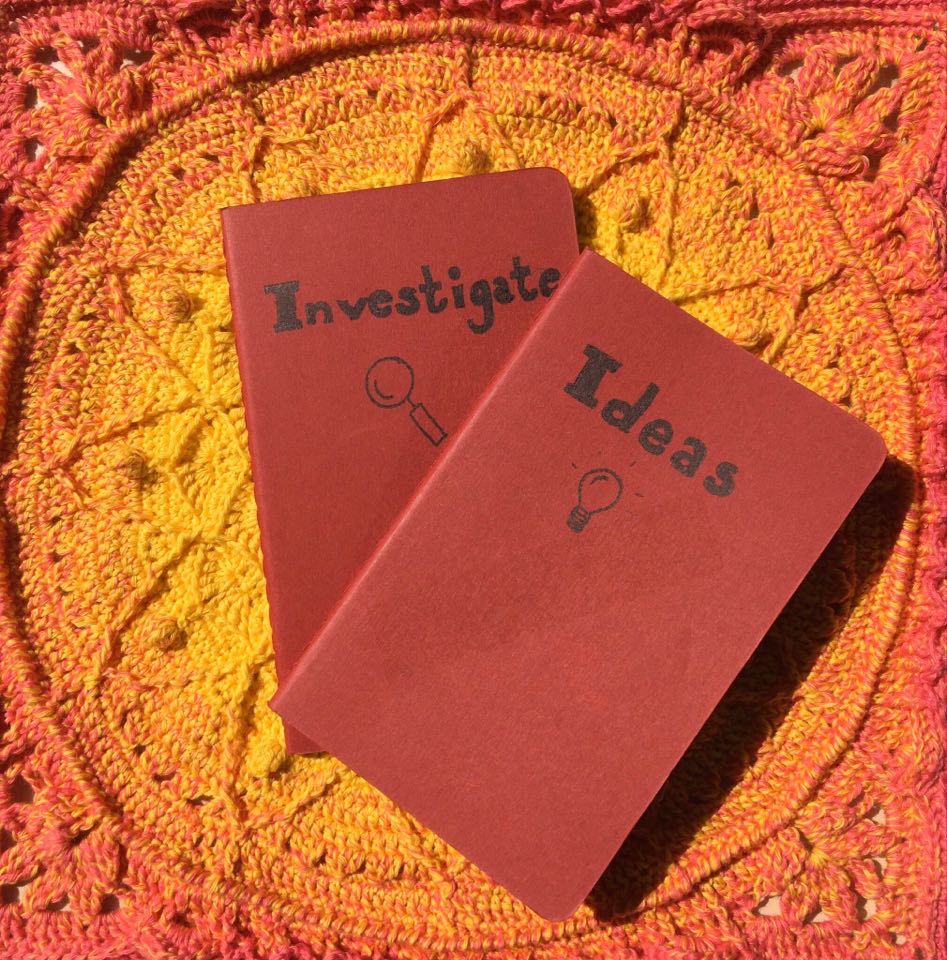In the previous article, we discussed two different brain operation modes. While not a literal representation of what's going on in our brain, it's still a useful tool when thinking about how our brain processes things.
On one hand, we have L-mode: linear, logical, abstract and in charge of verbal and symbolic representation of knowledge. On the other hand, we have R-mode, a powerful pattern matcher that fuels our creativity and the ability to make important connections between seemingly unrelated pieces of information.
Both operation modes are very important if we want to achieve our maximum performance in any field. Because we are usually quite good at making use of L-mode, this article is about helping us tap into the potential of our R-mode.
This can be a bit difficult due to R-mode being asynchronous and not having conscious control over its retrieval process. You can have the most amazing pieces of insight while taking a shower or walking in the forest, but you can't really sit and say "Ok R-mode, fetch me answers".
Despite not being able to command it, it's possible to invite R-mode. This article will discuss a couple of ideas for making the most out of it.
Capture insight
All human beings are capable of having great ideas. You and most people around you have them all the time. The main problem is that we never write them down, so it's easy to just assume that good ideas are incredibly rare.
You never know when great ideas or solutions will come, so be prepared to write them down when needed. You don't need to have any special tool or material for this task, just carrying around a little notebook will do. If you have a smartphone you can install any note-taking application. that'll do too.
In my case, I carry around two little notebooks: Ideas and Investigate. In Ideas I write down any interesting idea I come up with: an idea for an app or project, a little funny comic, an insightful phrase or important realization.
Investigate is there for me to write things that I need to look up later. These can be questions about concepts I learn about while listening to podcasts, talking to other people or reading. Or they can be things that need clarification or more detailed study later on.

You don't need to to the exact same thing, but it's important that you keep track of important thoughts and questions. Start recording the great things that your brain produces, you'll find out it happens much more often than you think.
Use all senses when learning or designing
L-mode is the master of symbolic and verbal language. R-mode is a bit better suited for processing all sorts of information coming from diverse sensorial sources.
This means that you might be able to benefit from out-of-the-box thinking by using more of your senses when designing or learning. Try to make analogies for the structure of a program with LEGO blocks or colorful post-it notes, your R-mode loves those.
As an extra, spending time with activities that use several senses, like playing a musical instrument, is great for your brain. Go and try it, you might love it just for the fun factor.
Exercise your ability to make counterintuitive connections
Play the following game: think about two seemingly unrelated things and try to explain how they are alike. Try to imagine how are they similar or how do they relate to each other.
Creating this type of outlandish link conditions your brain to look for patterns between apparently unrelated things. This benefits your creativity and capacity to make novel connections.
Go for a walk
Going for a walk is a great way to turn off your L-mode and let your R-mode handle the situation. Remember that your R-mode can't start performing searches in your memory and providing insight unless it takes control of your memory bus. Taking a walk is a great way to invite R-mode to do its magic.
If you find yourself exhausted after trying to solve a problem for hours without any progress, a 20-minute walk (preferably in nature or a park) can get you the answer you are looking for.
Try to make these walks a habit, and remember to bring your little notebook with you, who knows what awesome piece of insight you will find while walking in nature.
Uncensored writing
Sometimes, you just need to give your brain a chance to let out ideas hidden under your consciousness. Writing a little bit every day provides you with an opportunity for doing this.
Writing your own dairy can help you harvest your ideas, as putting all those chaotic thoughts into words usually yields interesting results. The trick is not to think too hard about it: just sit down and write a little bit every day.
It's very important not to censor or restrict yourself by putting too much control over what you write. See it more like an exercise rather than strict record keeping.
The idea is to just write whatever comes to your head and see where it leads you. If done for several weeks, you might start to see interesting solutions for problems you are facing or design ideas you can incorporate in an app or product.
The most important thing is to form the habit of writing and to do it every day in a free fashion.
Use both modes!
The tips in this article follow two very simple ideas:
- Give your brain enough space to use R-mode. Sometimes, spending some time away from a problem is the best thing you can do to get closer to the answer. Going away for a walk or using alternative methods (building blocks, drawings) can provide you with the moment of inspiration needed to find a solution.
- You can't predict when an important piece of insight will sprout out of your head. Because of this, it's important to have something at hand (like a notebook) to capture these important thoughts. Another technique is to create the habit of uncensored writing: just sit and write, you might find something useful in the stream of ideas that comes out.
Now that we understand a little more about both operation modes, and what to do to help R-mode, we can focus on the topic of learning. Our knowledge and ideas are the raw materials of our craft as programmers, so it's no surprise that learning new things is one of the most important skills we can develop.
The next article will provide some tips for learning in a better way, something I hope will be tremendously useful in your career and life.
Thank you for reading!
What to do next
- Share this article with friends and colleagues. Thank you for helping me reach people who might find this information useful.
- This article is based on Pragmatic Thinking and Learning: Refactor Your Wetware. This and other very helpful books can be found in the recommended reading list.
- Send me an email with questions, comments or suggestions (it's in the About Me page)


